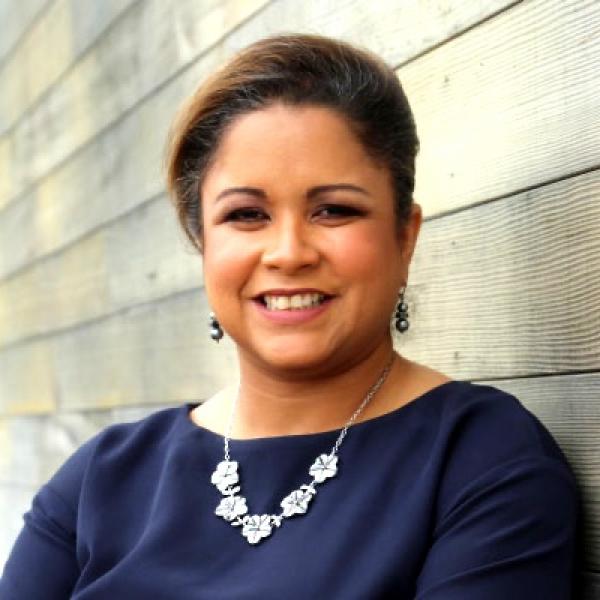
Political Dialogue vs. Division at the Family Table
During a contentious election season, discussing politics becomes inevitable. Despite your skill in diverting topics or coming up with excuses to sidestep family gatherings, the pressing political issues eventually demand attention. When that moment arrives, you might find yourself in a tense conversation with a parent, sibling, uncle, or cousin, potentially leading to anger, tears, or even lasting harm to your relationship. Below are some tips as you navigate these conversations.
Modes of Communication
There are three transformative modes of communication—dialogue, discussion, and debate—each offering its own unique advantages and challenges. In your interactions with family and friends, the art of dialogue reigns supreme, inviting open participation and attentive listening from a place of genuine curiosity, rather than the urge to triumph in an argument. By embracing dialogue, you nurture relationships and open doors to new insights. While debates can offer valuable perspectives, the quest to win can sometimes jeopardize connections if not handled with care.
Personality Tendencies in Political Discussion
Braver Angels offers a fascinating approach to understanding how personality types engage in political discussions. Imagine the peacekeeper, who steers clear of conflict by swiftly ending conversations, or the sniper, who fires off sharp remarks and then vanishes. Then there's the gladiator, charging at anyone with opposing views, and the defender, twisting others' words for their gain. The bystander stands aloof, completely detached from the debate, while the engager actively seeks meaningful dialogue to bridge divides. Do you relate with any of these types of approaches in responding to political conversations? If so, which type and what are some things you can work on in promoting constructive dialogue?
Dialogue Steps
- Clarify: Are you truly hearing what’s being said during those intense debates? It’s easy to overestimate our listening skills, especially when passions run high. To ensure genuine understanding, aim to restate your loved one’s perspective so accurately that they exclaim, “That’s exactly right!” This shift from defensiveness to curiosity is key. Avoid the common pitfall of distorting their words to sound absurd or malicious, as this only breeds division. Instead, embrace the power of paraphrasing to bridge gaps and build meaningful connections.
- Discover Common Ground: Embark on a journey to connect by finding shared values, even if it's just a tiny patch of understanding. When in a bind, lean in to the shared challenge of navigating complex issues.
- Transition with Tact: Once you've truly listened to your family member and acknowledged the shared bond that unites you, gauge their openness to listen to your perspective. Emphasize the importance of verifying that the other party is genuinely interested in what you have to say—otherwise, advancing the conversation is futile. If interest is lacking, gracefully steer the conversation elsewhere.
- Share Your Story: When it comes to family or loved ones, heartfelt experiences resonate. Frame your viewpoints through the lens of personal impact. Focus on how specific issues have shaped your life.
-
Explore a New Path: Instead of presenting your opinions, consider taking a different approach by posing thoughtful questions about the viewpoints that concern you. Adopt a humble stance with questions. The unexpected twist here is the goal isn’t to sway someone’s opinion but to reach their heart, nurture the relationship, and foster dialogue.
- Own Your Mistakes: Just like mastering any craft, communication is a journey of growth and learning. Be patient with yourself and your loved ones as you explore new communication techniques. When a misstep leads to hurt feelings or defensiveness, take the courageous step to apologize. Assure them that you're on a path to becoming a more effective communicator. Remember, it's perfectly okay to pause, regroup, and return to the conversation refreshed and ready to connect.
